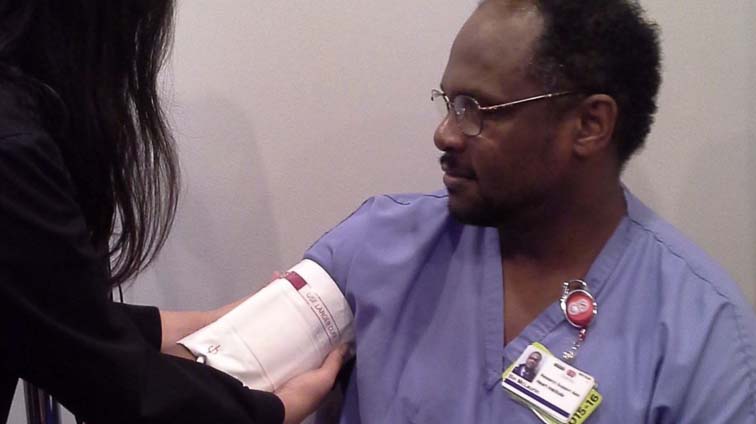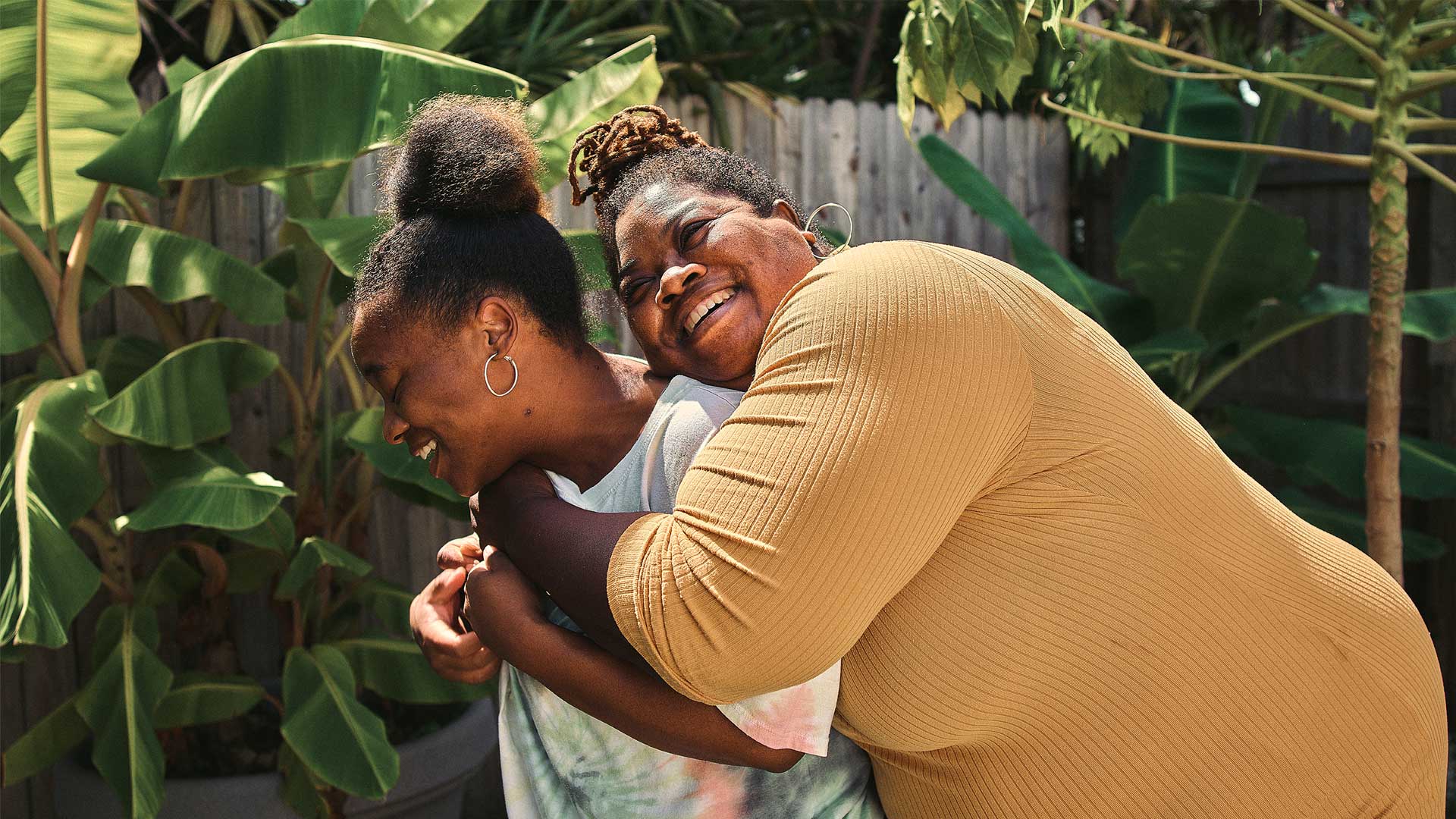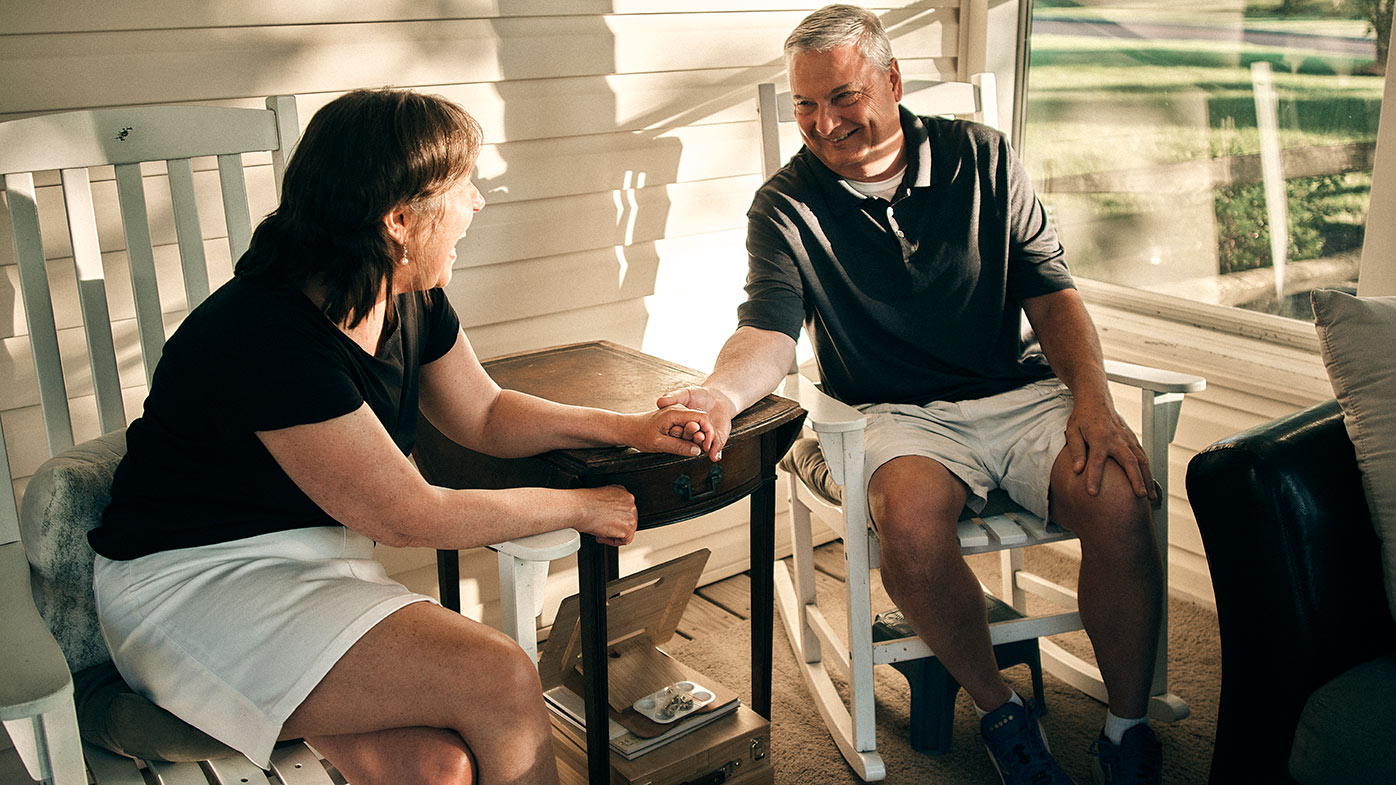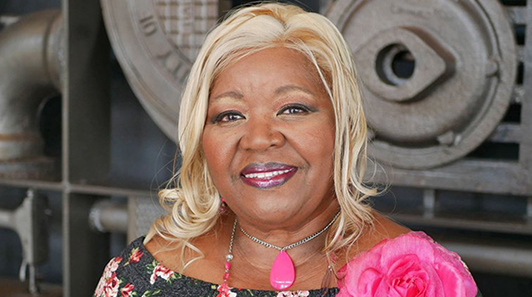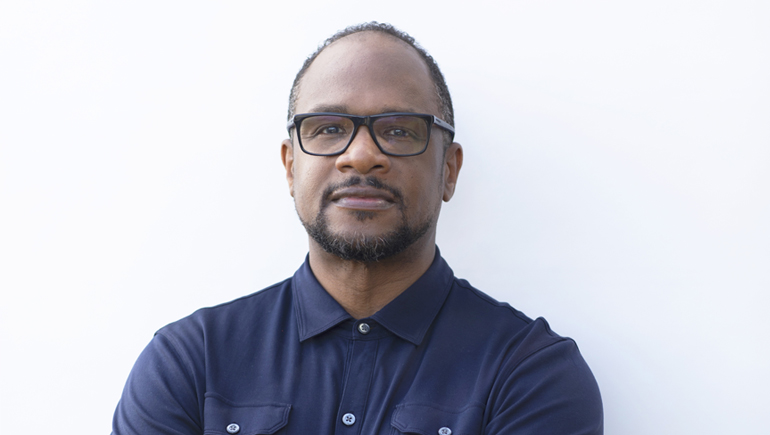
I also found little guidance from the medical community, specific to my needs. Before my cancer diagnosis, I had this lingering sense that something was not right with my health. Yet, when I voiced my concerns to my doctors, they only treated my symptoms and not the underlying causes. I felt dismissed with little-to-no direction or follow-up steps. Worse, I didn’t know the best way to advocate for myself or how to ask for the right help.
Things changed when I was fortunate to find a primary care physician who explained some of the specific health issues that African American men face and why we should be screened for certain cancers. It struck a chord with me to finally hear that some diseases are more prevalent in my community than others – and yet few health professionals or others that I was aware of were doing anything about this.
This enlightenment impacted me in two big ways. First, as part of my job at a Los Angeles hospital, I started partnering with local barbershops to encourage men in my community to proactively get health screenings.
Second, I was motivated to schedule my own recommended cancer screenings. And sure enough, my prostate cancer screening revealed that I had an aggressive form of the cancer, a type that Black men are more likely to get and more likely to die from compared to others. I learned it had already progressed to a high Gleason score, but I was fortunate to have caught it before it metastasized. I didn’t realize that taking my health into my own hands would mark the start of my cancer journey and my foray into advocacy.
